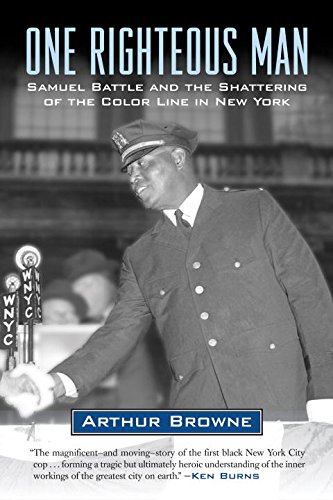If you would like to use the Law & History CRN to find “other people interested in historical sources/methods/questions,” you should contact one of the organizers below by October 1. You should also feel free to contact an organizer if you already have a complete panel and would like to have it listed as sponsored by the CRN. And, btw, Emily's report on the recent activities of the CRN is here.
Here’s the call:
LSA 2016: At the Delta: Belonging, Place and Visions of Law and Social Change
An abiding theme in law and society scholarship is the relationship between law and social change. Change can arise from many factors including the movement of people with their own traditions and beliefs, and their interaction with the forces of nature that affect the environments in which we live.And here are the organizers of the Law & History CRN:
The site of the 2016 meeting, New Orleans, embodies as a place the experiences and processes of constant change that lie at the heart of law and society. Legally, socially, politically and geographically, the city has been a site of constant change, from flowing water and shifting silt as well as from political mobilization over equality, inclusion and exclusion, the blending of different legal traditions, and the boundaries of legal responsibility. In the 19th century, Plessy v. Ferguson and other key cases that provided the legal framework for segregation originated in New Orleans. Today, in the aftermath of both Hurricane Katrina and the Deepwater Horizon oil rig explosion, the city is a symbol of contested rebirth in which the diversity of its culture is confronted by forces of economic rationalization and state regulation, forces it faces not only with its legacies of discrimination but also with pride in its unique traditions and powers of assimilation and innovation.
What visions of law and social change can we appreciate, imagine, and/or sustain, in the face of such constant change? The 2016 Law and Society Meeting will initiate our consideration of these themes of place and change through four plenary sessions that will focus on: (1) Jim Crow, New and Old -- race and the constitution of society; (2) Who Belongs, Who Doesn’t – law, citizenship and political economy in the 21st century; (3) Histories of Empire and Legal Pluralism – mixed legal systems around the globe; and (4) Natural and Unnatural Disasters – human crises and law’s response.
Joanna Grisinger
Assistant Professor of Instruction
Center for Legal Studies, Northwestern University
joanna.grisinger@northwestern.edu
Kimberly Welch
Assistant Professor
Department of History, University of West Virginia
Kimberly.Welch@mail.wvu.edu
Logan Sawyer
Assistant Professor
University of Georgia Law School
lesawyer@uga.edu
Kathryn Schumaker
Assistant Professor
Department of Classics and Letters, University of Oklahoma
schumaker@ou.edu
























